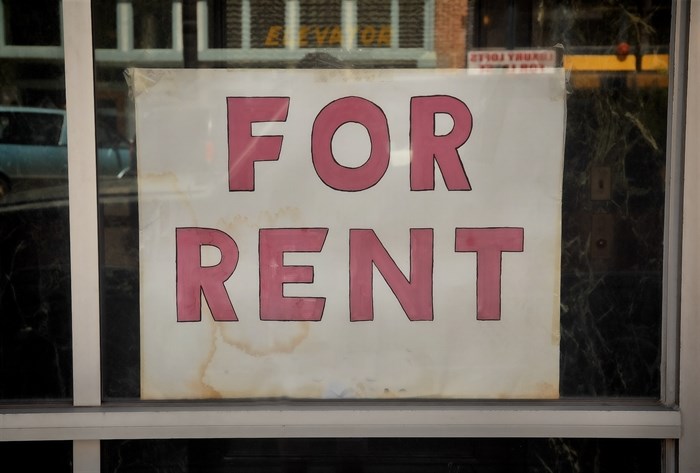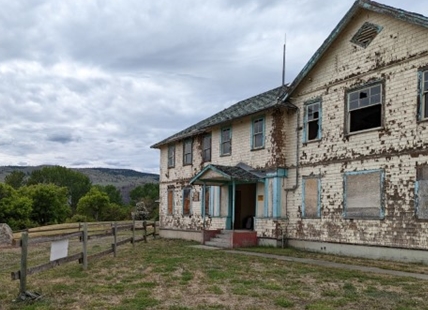Kelowna residents need to earn almost $36 an hour to afford rent
The Greater Kelowna area requires the third highest hourly pay rate in the country in order for someone to afford to rent a two-bedroom apartment.
A household has to earn $35.83 per hour, working a 40-hour work week, in order to keep from paying more than 30% of its income in rent.
That’s based on a report released today, July 18, by the Canadian Centre for Policy Alternatives.
It says that 50% of renters are in two bedroom units so uses that as the key unit size.
One-bedroom units make up 33% of the rental market. Kelowna ranks sixth out of the country’s largest metropolitan areas on that scale at $24.86 per hour for it to be affordable.
For two-bedroom units, Toronto comes in second where an income of $40.03 per hour is needed. In Vancouver it’s $42.60.
READ MORE: More than half of British Columbians perilously close to insolvency
The main focus of the report is on the gap between minimum wage and the cost of rental accommodation. It’s based on 2022 data so the minimum wage was $15.65 in BC.
The minimum wage in BC is now $16.75 per hour, still far short of what is needed to afford even a one bedroom apartment.
Someone making minimum wage in Kelowna needs to work 119 hours per week in order to be paying less than 30% of their income as rent in a two-bedroom unit. That would require working 17 hours a day, seven days a week.
That’s up 21 hours a week from what was needed in 2018.
Only Toronto, at 134 hours, and Vancouver, at 142 hours, are worse than Kelowna for two bedrooms. That means a Vancouver resident earning minimum needs to work 20.3 hours per day, seven days a week.
If there are two minimum wage earners that still requires 71 hours per week each.
In only three Quebec metropolitan areas, Sherbrooke, Trois-Rivières and Saguenay, can a minimum wage earner afford to rent a one-bedroom apartment.
“At least three sets of factors make rent too high for low-wage earners: wage suppression policies; low supply of rental housing, especially purpose-built, rent-controlled, and non-market units; and poorly regulated rental markets that privilege profit-making over housing security and allow the use of rental accommodation as an asset class,” the report says.
“In other words, the mess in which we find ourselves is due to bosses keeping wages down with help from provincial governments that set the minimum wage and federal governments that control monetary policy. It’s also due to governments’ collective failure to build, finance, and acquire the right kinds of rental housing.”
The full report can be seen here.
To contact a reporter for this story, email Rob Munro or call 250-808-0143 or email the editor. You can also submit photos, videos or news tips to the newsroom and be entered to win a monthly prize draw.
We welcome your comments and opinions on our stories but play nice. We won't censor or delete comments unless they contain off-topic statements or links, unnecessary vulgarity, false facts, spam or obviously fake profiles. If you have any concerns about what you see in comments, email the editor in the link above. SUBSCRIBE to our awesome newsletter here.










